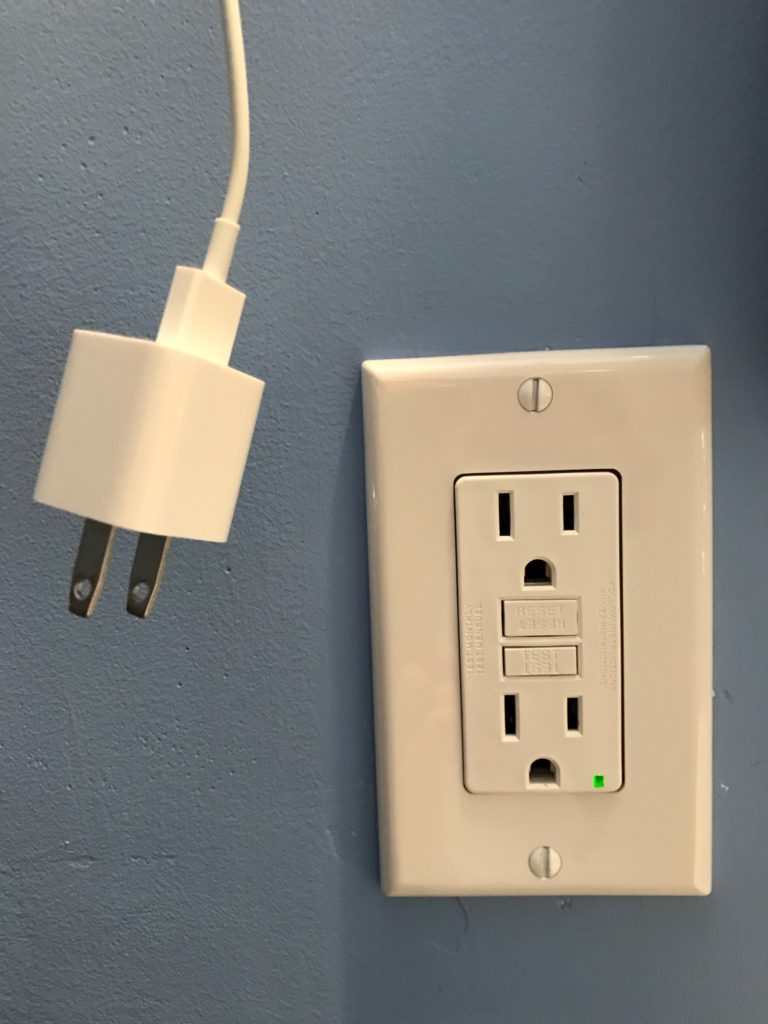
Where is your phone right now? Well, that’s not exactly a fair question, because if you’re reading this, you’re using a phone, tablet, or other device. But is your phone usually right near you? Does it live wherever you are–in your pocket, on your dinner table, on your nightstand? How often do you turn it off?
The internet is a wonderful thing. It’s amazing that we can access the whole of human knowledge with a few clicks and keep up with far-flung friends and family on social media. I love hearing what’s going on with out-of-state cousins and seeing beautiful pictures and interesting articles my friends post. Emailing is a great way to make plans and share information. It’s so convenient to look up any possible thing I might want to know.
But.
Too much on-line connectedness undermines our connection with the people in our daily lives—and with ourselves. If I get sucked into reading Facebook in the evening, I miss out on a chance to cuddle with my SO. If I look at my phone every time I get a text, I don’t get much writing done. If I end up following interesting chains of articles on the internet, I wind up drained—and where did the time go? Was that really how I wanted to spend my evening?
There’s an addictive quality to going on-line, especially to social media. There’s always more and more to interest or amuse. We don’t want to miss out on something our friends are talking about. We don’t want to risk hurting someone’s feelings by not responding to her right away. It can start to feel compulsive, like we have to stay connected every minute. It can feel like we don’t have a choice.
But of course, you do have a choice. You can decide to take charge of your devices rather than letting them control you. This is good for you as an individual and for your relationships. Research shows that the mere presence of a cell phone on a table reduces the depth of the real-life conversation in the room. Just the possibility of an interruption encourages people to stay on the surface rather than really talking.
If you’d like to reclaim control of your mental space and strengthen your relationships, here are some things to try:
Turn off notifications on at least some forms of communication, at least some of the time. Do you really need to know every time someone posts on Facebook or Instagram? Maybe you could just check it a couple times a day. Or maybe turn off notifications for work emails for a couple hours in the evening, or after 9 p.m.
Create “house rules.” One of the best ways to unplug is to agree on specific times that everyone in your home will be off-line. You might make a house rule that everyone leaves their phones silent and in another room at dinnertime, say. Or that all devices get put away an hour before bedtime so you can actually connect with each other. (You’ll likely sleep better, too.)
Experiment with what it feels like to be unplugged. Go for a walk and leave your phone at home. How anxious does that make you feel? Can you tolerate being anxious? (It may be uncomfortable, but it won’t kill you.) Do you start to relax after a bit? Is it actually sort of refreshing? When you get back and check your notifications, how much have you really missed?
If you’re up for it, try longer periods without social media. What if you took two or three days at a time off from Facebook, Snapchat, and the rest? Many people find the first day hard, but then things start to get easier. You start thinking less about what you might be missing and more about what you’re actually experiencing: your own thoughts and feelings and the world around you (including the people you love).
Have a “device-free” party. Put a basket by the door with a cute note asking everyone to deposit their cell phones so you can actually all be together. Your guests may be surprised by the idea, because it’s so uncommon these days—but most people will end up liking it.
Social media and cell phones are great; they help us keep in touch. But they’re tools, not masters. We don’t have to let them own us. The people on the other end of the device don’t matter as much as the friends and family you’re in the room with.